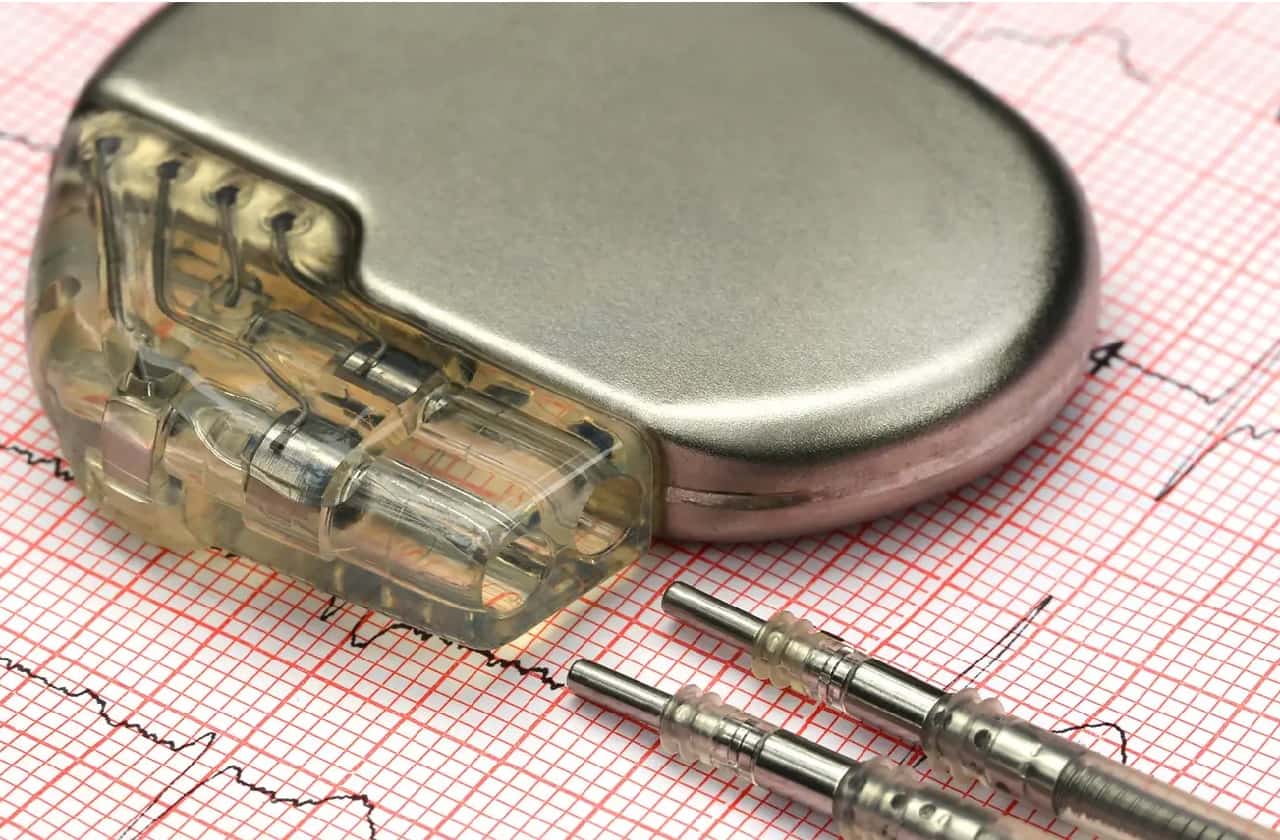Hamilton researchers show new cardiac defibrillator is safer for patients
Published May 3, 2022 at 6:11 pm

People who live with an abnormal heartbeat may soon benefit from work by Hamilton researchers, who have found that a newer type of cardiac defibrillator reduces patient complications by a factor of 10.
An implanted cardiac defibrillator detects an abnormal heartbeat and send an electric shock to get the heart back on a normal rhythm. But the newer device, known as a subcutaneous defibrillator, is implanted under the skin just below the patient’s armpit with a wire that runs under the skin alongside the breastbone. According to a 2019 video from Boston Scientific Cardiology, the implant is placed behind the latimus dorsi muscle.
The risks of blood clotting, heart damage and lung damage are reduced since the device is not implanted into a vein like the more traditional defibrillator.
The study was conducted by the Population Health Research Institute (PHRI), which is a joint facility of Hamilton Health Sciences (HHS) and McMaster University. They followed 544 patients from across Canada, with an age spread of 18 to 60. Half received a subcutaneous defibrillator, and the other half served as a comparision group who received the older model that involves an implant in the vein. Patients were studied for an average of 2½ years, and those with the subcutaneous device had more than 90 per cent fewer complications.
“The subcutaneous defibrillator greatly reduces complications without significantly compromising performance,” study lead Dr. Jeff Healey, a electrophysiologist at HHS, cardiology professor at McMaster and senior scientist at PHRI. “This makes it an attractive alternative to the traditional defibrillators, particularly in patients with increased risk for complications.”
Patients in both groups either had a genetic heart condition or were at high risk for complications.
Dr. Healey recently presented the research team’s findings at a conference, and hopes that it will effect a change in generally accepted medical practices, according to a press release from HHS.
insauga's Editorial Standards and Policies advertising





